Trending Now
Tuesday, Sep, 2024
Home / Delhi Technological University Experimenters Investigated Smoke Emissions from Diesel-powered Cars
Delhi Technological University Experimenters Investigated Smoke Emissions from Diesel-powered Cars
The researchers from (DTU) Delhi Technological University Environmental Engineering Department performed a case study in order to investigate the effect of various vehicle and engine-related independent variables on the smoke emission (SE) from diesel-powered cars in the country's capital. The study collected information on vehicle-specific factors like age, mileage, application emission norm, maintenance category & engine-related factors, and smoke emissions.
 by Pragti Sharma /
by Pragti Sharma /  01 Sep 2022 13:04 PM IST /
01 Sep 2022 13:04 PM IST /  0 Comment(s) / 285
0 Comment(s) / 285

Image Courtesy : www.facebook.com/jephotography2
The researchers from (DTU) Delhi Technological University Environmental Engineering Department performed a case study in order to investigate the effect of various vehicle and engine-related independent variables on the smoke emission (SE) from diesel-powered cars in the country's capital.
The study lasted six months and looked at the registered 460 diesel-powered cars at different RTOs (Regional Transport Offices) in Delhi. The study collected information on vehicle-specific factors like age, mileage, application emission norm, maintenance category & engine-related factors, and smoke emissions. The cars were tested as part of the government-approved Pollution Under Control (PUC) certification process.
Dr. Rajeev Kumar Mishra, Assistant Professor in the Department of Environmental Engineering, led the team. While explaining the research he stated that mileage and age were demonstrated to be the most recognized vehicular elements affecting tailpipe smoke emission from diesel cars. As the age and mileage of the diesel cars went up, the smoke emission too shot up enormously. On the other hand, the applicable emission norm, the car maintenance category, and engine aspiration were found to be other consequential parameters affecting smoke emission.
Dr. Rajeev added that the make-wise scenarios enhanced such findings for the top 5 diesel-driven car makers, Toyota Kirloskar Motors, Ford India, Maruti Suzuki, Hyundai Motors, and Mahindra Motors. The discoveries of the research have been broadcasted in Springer’s Environmental Science. The research team discovered that, for the entire dataset (n = 460), diesel cars become non-compliant with BS-IV norms after approximately 7.5 years, while it takes them about nine years to become non-compliant with BS-III necessities.
The statement from Abhinav Pandey, Co-researcher, DTU, stated that the appropriate emission norms and maintenance category indicated that vehicles manufactured for Bharat Stage- IV (BS) and those containing very good and good maintenance records had lower smoke emissions compared to BS- III norm and diesel cars be associated to poor and unsatisfactory categories.

EShort / February 16, 2024
IMS Noida Admissions 2024: Apply for UG, PG programmes

EShort / February 16, 2024
GATE 2024: Response sheet out

EShort / February 16, 2024
BSSTET 2023: Admit card released

EShort / February 16, 2024
NID DAT 2024: Prelims result released

EShort / February 16, 2024
IIT JAM 2024: Response sheet released

Jobs / February 16, 2024
UPSC Recruitment Drive 2024: Apply for 120 vacancies in various departments

EShort / February 14, 2024
UPSC CSE 2024: Official Notification issued; application process begins

Editor's Desk / April 17, 2020
How Does Society Impact Our Education?

Current Affairs / April 22, 2020
Mr. Sudarsanam Babu appointed to U.S. Science Board.
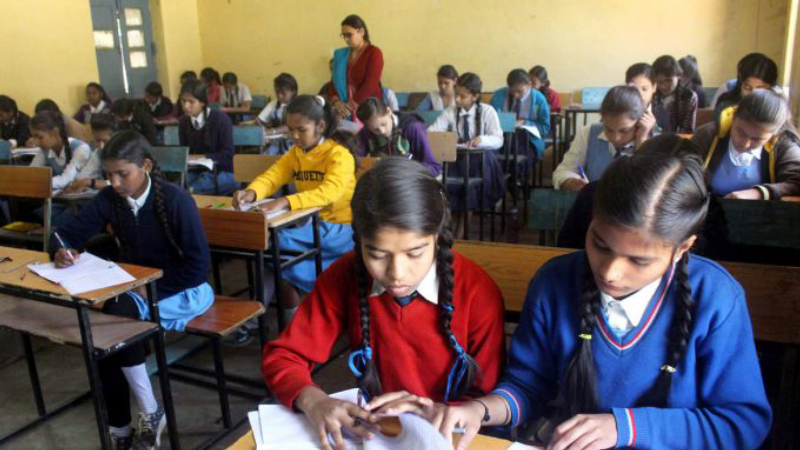
Reforms / April 17, 2020
Traditional Structure of Education In India
.jpg)
Events & Seminars / April 17, 2020
PISA!!
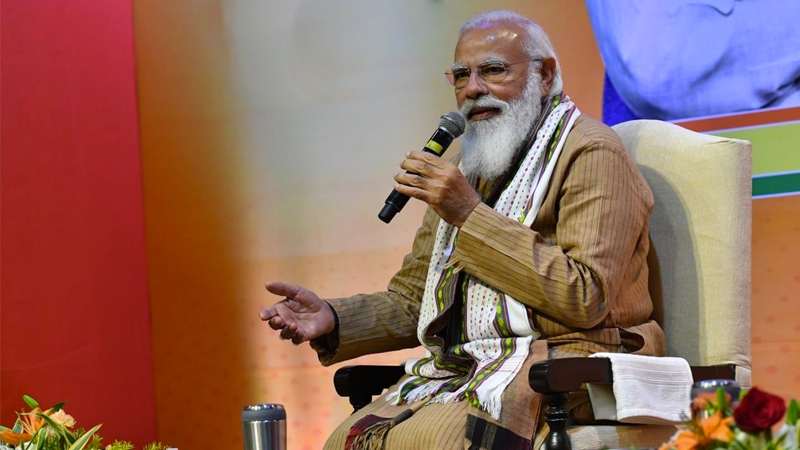
Blog / February 26, 2021
Government's Action On #ModiRojgaarDo

EShort / May 19, 2022
CUET PG 2025 has started the registration process.

Notice Board on Important Dates / April 21, 2020
World Heritage Day

News / July 08, 2021
JEE Mains Registration For Session 3: Last Date To Apply

EShort / December 14, 2021
UPSC Declared Final Result For DCIO Recruitment



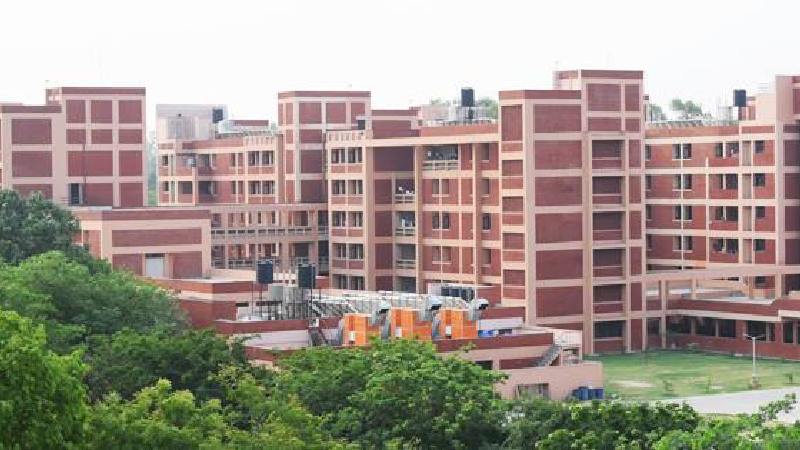









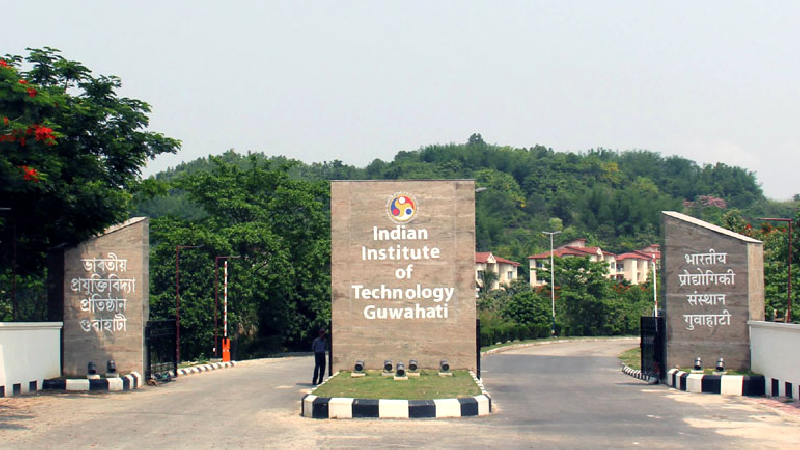






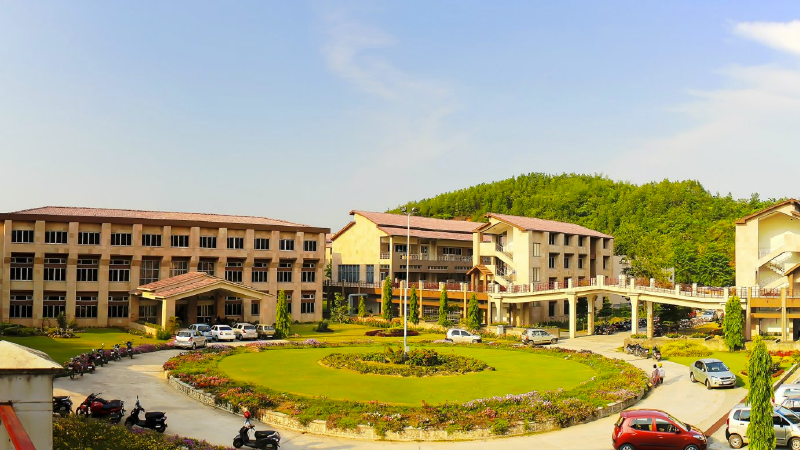
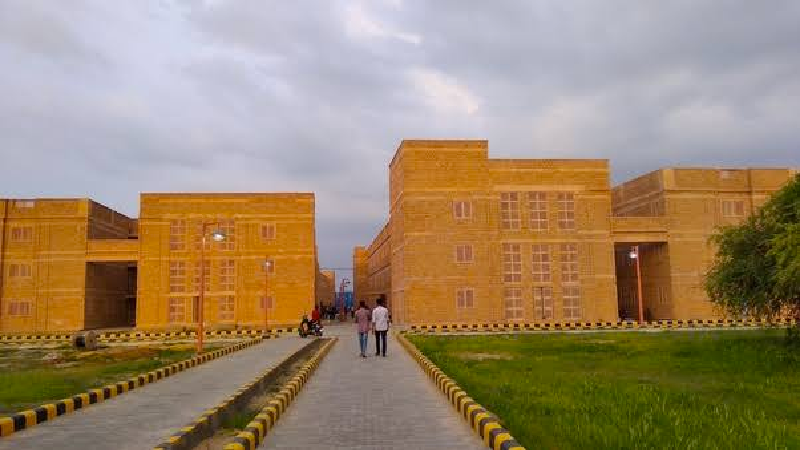


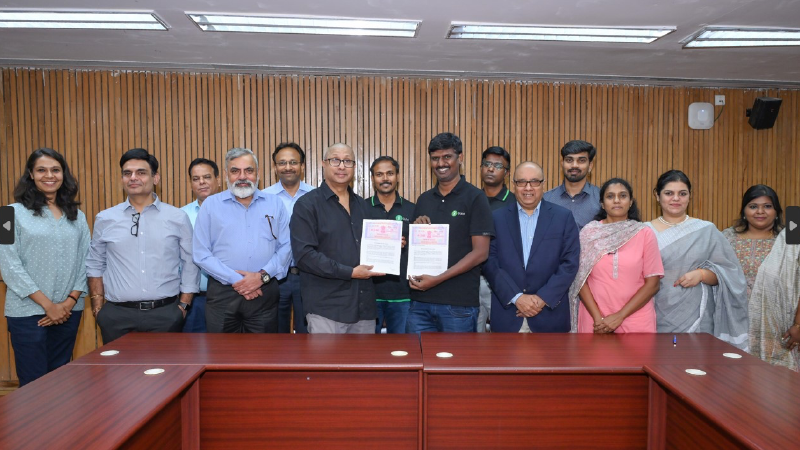
0 Comments
Post Comments